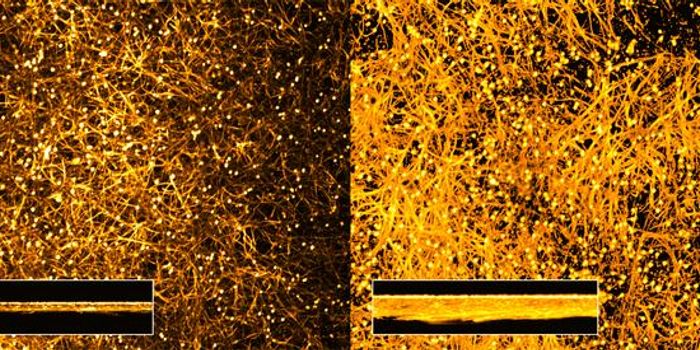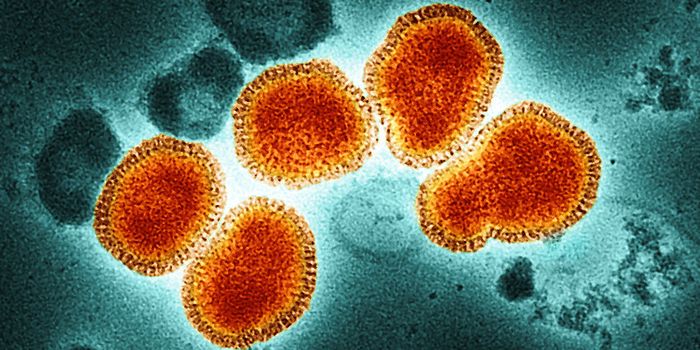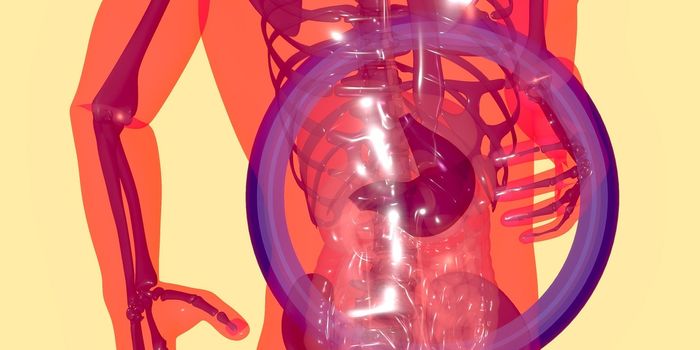Building a Better Beer Through Microbiology
Belgium as long been known for its beer, and now, Belgian researchers have used genetic technology to improve the brew. Reporting in the journal of Applied and Environmental Microbiology, investigators identified a yeast gene that plays a crucial role in determining the flavor of beer and some other alcoholic beverages. They used CRISPR to engineer a version that would produce a tastier drink.
When beer was made back in the day, it was brewed in open vats. But the industry began to change drastically in the 1970s, when brewing companies started using larger, enclosed vessels instead; they are far easier to clean, fill, and empty, which increased production and reduced costs. But the quality of the beer suffered because not many flavors were being generated with this new approach.
Yeast cells convert about half of the sugar in mash to ethanol during the fermentation process; the other half gets converted to carbon dioxide. The carbon dioxide also creates pressure in vessels that are closed, which tamps down the flavor.
Previous work by the team of Johan Thevelein, Ph.D., an emeritus professor of Molecular Cell Biology at Katholieke Universiteit, paved the way for identifying the yeast genes that produce the traits that are most important to industry. This method was then applied to yeast strains used in beer production to identify the genes that underlie flavoring. The scientists screened many yeast to find those that were best at maintaining flavor under pressure.
One gene in particular with a flavor like bananas was selected, "because it is one of the most important flavors present in beer, as well as in other alcoholic drinks," explained Thevelein. Personally, I was surprised to learn that a banana flavor would be important to beer, but I am not a connoisseur or beer expert.
The researchers were also surprised, but because they found a mutation in this flavoring gene, called MD3. The gene encodes for a regulator which seems to be related to isoamyl acetate production, which is the source of the pressure-tolerant flavor in this strain of yeast, said Thevelein.
The scientists applied the CRISPR/Cas9 gene editing tool to introduce this specific mutation into other yeast strains used in brewing. They found that the strains produced full flavor again in closed vats, tolerating the carbon dioxide pressure.
"The mutation is the first insight into understanding the mechanism by which high carbon dioxide pressure may compromise beer flavor production," added Thevelein.
The researchers have not yet found the pathway that causes carbon dioxide pressure to inhibit flavor production, but Thevelein suggested that the MDS3 protein could be one part of it.
Sources: American Society for Microbiology, Applied and Environmental Microbiology









